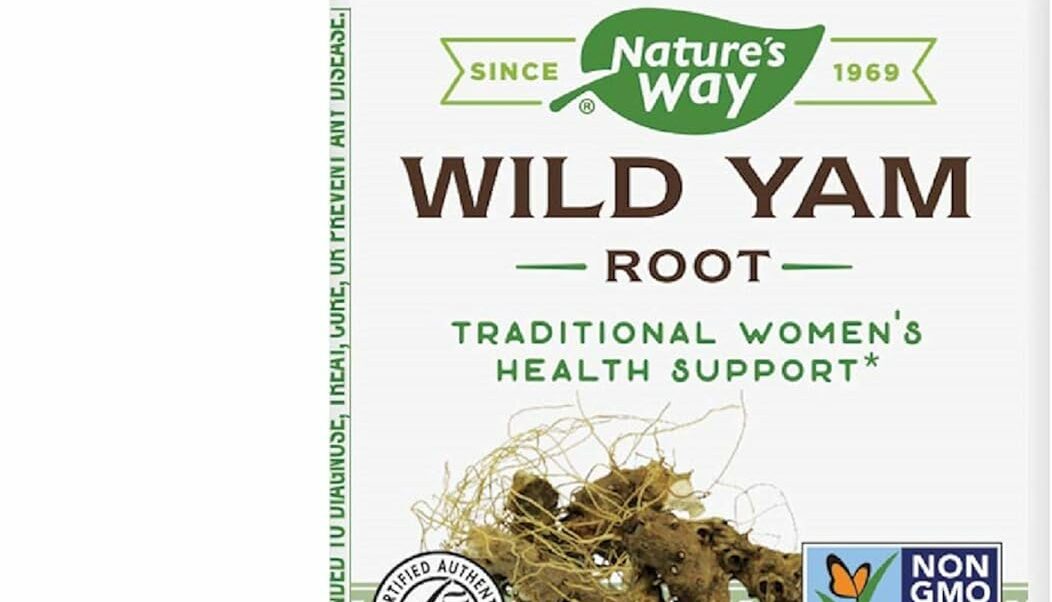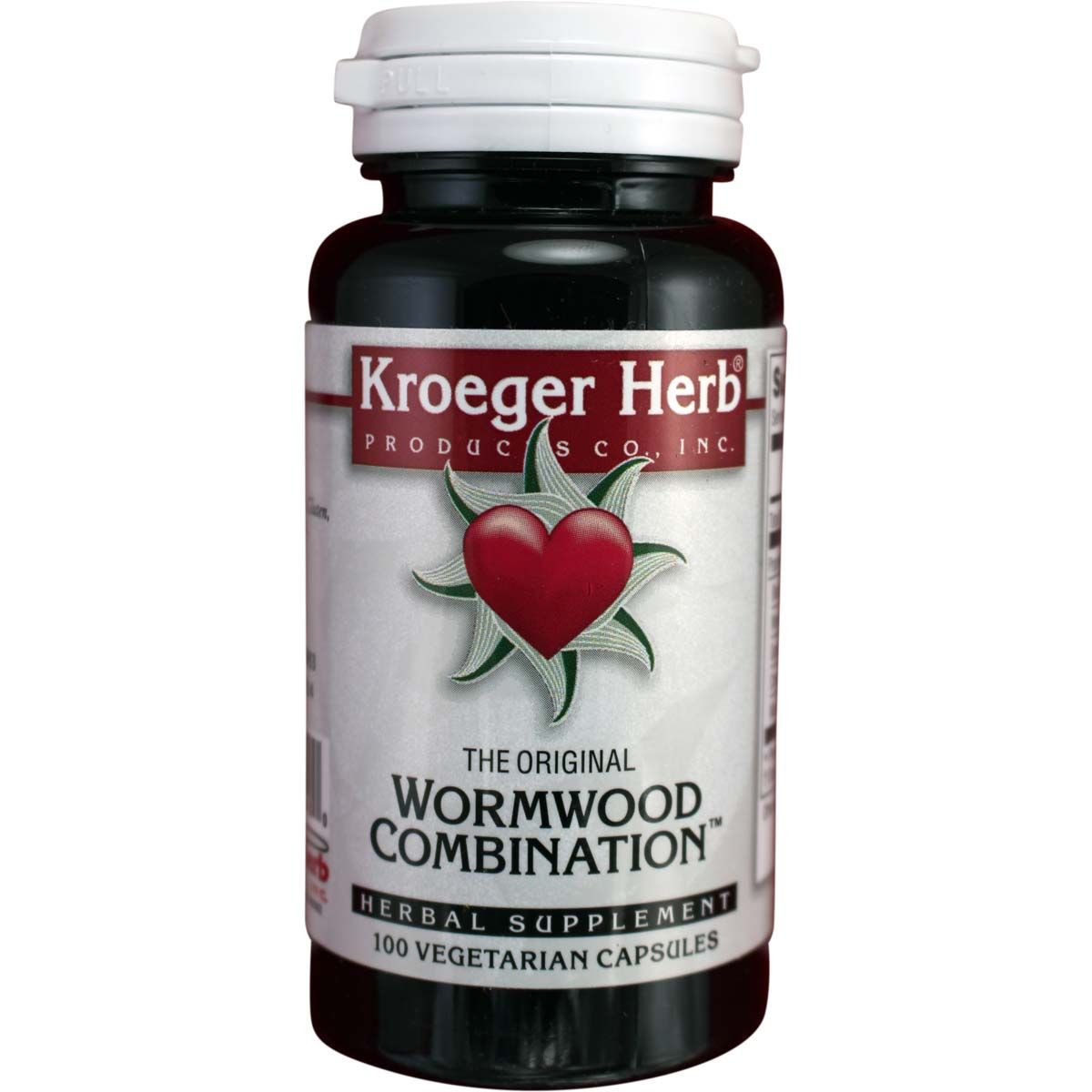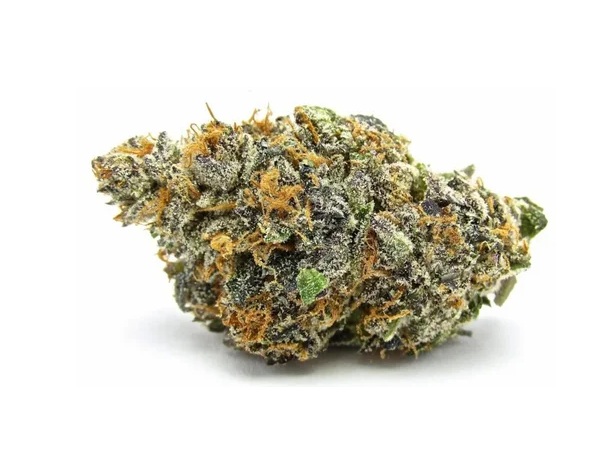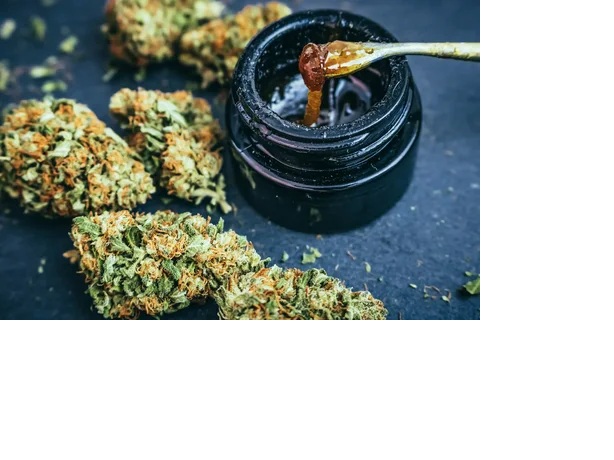Wild yam, scientifically known as Dioscorea villosa, is a species of yam native to North America. For centuries, indigenous peoples of the Americas have used wild yam for its potential medicinal properties. Wild yam supplements are derived from the roots of the plant and have gained popularity in recent years for their purported health benefits, particularly for women’s health. In this comprehensive guide, we’ll explore the various benefits of wild yam supplements, drawing upon both traditional knowledge and modern scientific research.
Historical Significance
Wild yam has a long history of use in traditional Native American medicine. Indigenous tribes such as the Cherokee, Iroquois, and Navajo used wild yam for various purposes, including alleviating menstrual cramps, promoting fertility, and easing childbirth. The root of the wild yam plant was valued for its content of diosgenin, a compound with hormonal properties. Early European settlers learned about the medicinal uses of wild yam from Native American healers and adopted its use in their own folk medicine practices.
Hormonal Balance
One of the most well-known benefits associated with wild yam supplements is their potential to support hormonal balance, particularly in women. Wild yam contains diosgenin, a phytoestrogen that shares structural similarities with human hormones such as estrogen and progesterone. Phytoestrogens are plant-based compounds that can mimic or modulate the effects of estrogen in the body. Wild yam supplements may help alleviate symptoms of hormonal imbalances, such as hot flashes, night sweats, mood swings, and irregular menstrual cycles, particularly during menopause or perimenopause.
Menstrual Health
Wild yam supplements may offer benefits for menstrual health and symptom relief. The hormonal properties of wild yam may help regulate menstrual cycles, reduce menstrual cramps, and alleviate symptoms of premenstrual syndrome (PMS). Some women use wild yam supplements to support fertility and improve reproductive health. Additionally, wild yam supplements may be used as a natural alternative to hormone replacement therapy (HRT) for managing menopausal symptoms, offering relief without the potential risks associated with synthetic hormones.
Bone Health
Wild yam supplements may contribute to bone health and density, particularly in postmenopausal women at risk of osteoporosis. Estrogen plays a crucial role in maintaining bone density, and declining estrogen levels during menopause can lead to bone loss and increased fracture risk. Phytoestrogens such as those found in wild yam may help support bone health by modulating estrogen activity in the body. Regular consumption of wild yam supplements may help reduce the risk of osteoporosis and promote skeletal strength and resilience.
Digestive Health
Wild yam supplements may help promote digestive health and alleviate symptoms of gastrointestinal disorders. Wild yam contains compounds such as diosgenin and saponins, which have anti-inflammatory and antispasmodic properties. These compounds help soothe irritated mucous membranes in the digestive tract, reduce inflammation, and relieve cramping and bloating. Wild yam supplements may be used to alleviate symptoms of conditions such as irritable bowel syndrome (IBS), gastritis, and inflammatory bowel disease (IBD), promoting overall digestive comfort and well-being.
Muscle Relaxation
Wild yam supplements may have muscle-relaxant properties, which can help alleviate muscle tension, cramping, and spasms. The antispasmodic effects of wild yam may be beneficial for individuals experiencing muscle cramps or spasms due to conditions such as menstrual cramps, fibromyalgia, or restless leg syndrome (RLS). Wild yam supplements may help promote relaxation and reduce muscle stiffness, improving overall comfort and mobility.
Skin Health
Wild yam supplements may offer benefits for skin health and aging. Estrogen plays a role in maintaining skin elasticity, moisture, and thickness, and declining estrogen levels during menopause can lead to changes in skin texture and appearance. Phytoestrogens such as those found in wild yam may help support skin health by modulating estrogen activity in the body. Some women use wild yam supplements to alleviate symptoms of dryness, itching, and thinning skin associated with hormonal changes during menopause.
Usage and Dosage
Wild yam supplements are available in various forms, including capsules, tablets, tinctures, and creams. The appropriate dosage may vary depending on factors such as the specific health concern being addressed, the concentration of active ingredients in the supplement, and individual factors such as age, weight, and overall health status. It is advisable to follow the manufacturer’s instructions or consult with a healthcare professional to determine the suitable dosage for optimal results.
Safety Considerations
Wild yam supplements are generally considered safe for most people when used as directed. However, some individuals may experience side effects such as gastrointestinal upset, headaches, or allergic reactions. Pregnant and breastfeeding women should consult a healthcare professional before using wild yam supplements, as their safety during pregnancy and lactation has not been well studied. Additionally, individuals with certain medical conditions or those taking medications should use wild yam supplements cautiously and under the guidance of a healthcare provider.
Conclusion
Wild yam supplements offer a range of potential health benefits, particularly for women’s health and hormonal balance. Rooted in centuries of traditional use and supported by modern research, wild yam continues to be valued for its therapeutic properties and versatile applications. However, it’s essential to use wild yam supplements judiciously and under the guidance of a healthcare professional, especially for individuals with pre-existing medical conditions or those taking medications. With careful use, wild yam supplements can be a valuable addition to a holistic approach to health and well-being.
- Tropical Taste Adventure: Melo’s THC Beverage Bliss! - May 18, 2024
- Unlocking Wellness: A Personal Journey with Just CBD’s CBD Capsules - April 2, 2024
- Benefits of Wormwood Supplements - April 1, 2024




